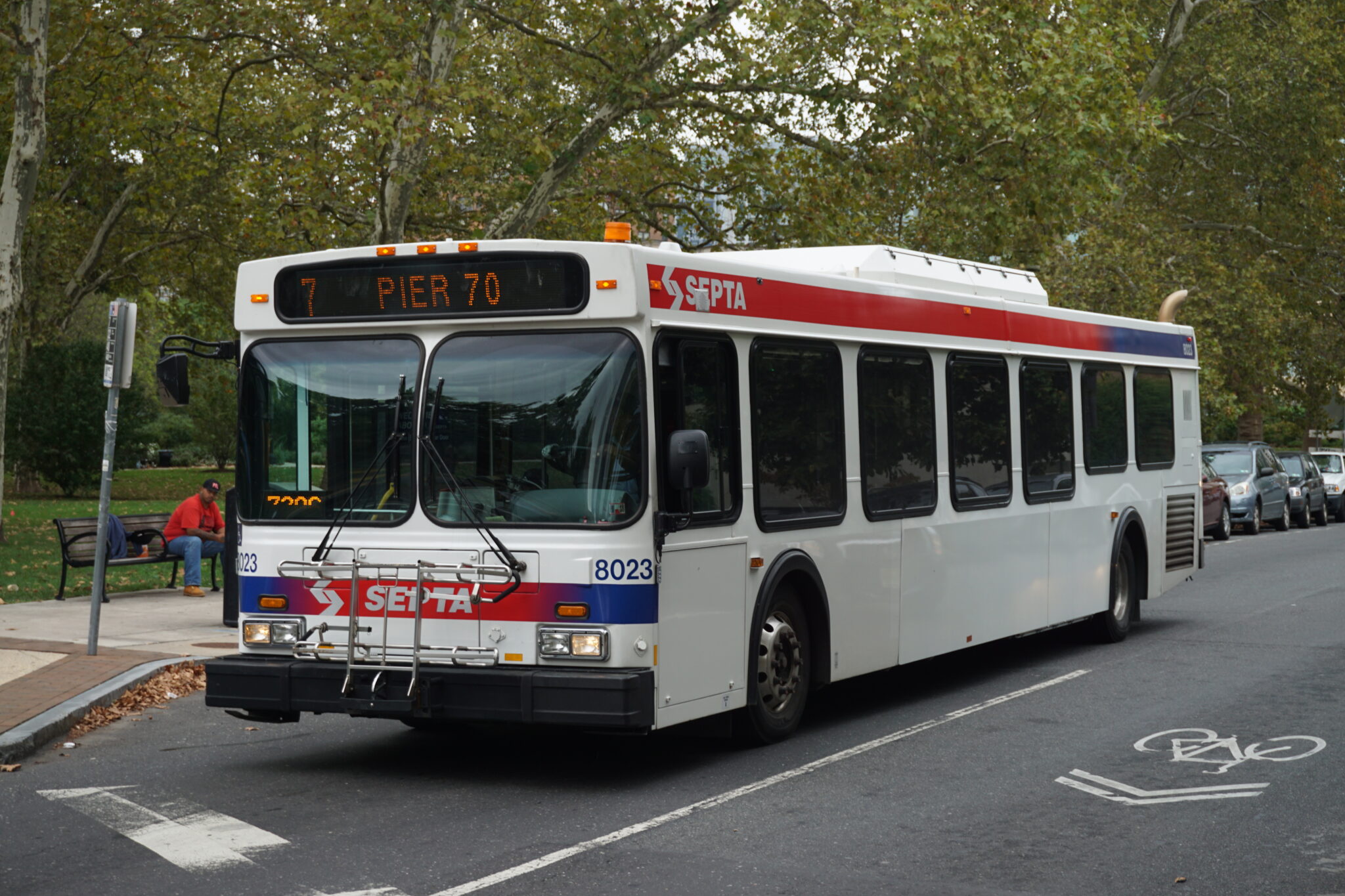In today’s News and Commentary, UAW enters its fourth day of striking with plans to meet Stellantis at the negotiating table, 13 of the 14 bargaining units representing Southeastern Pennsylvania Transportation Authority (SEPTA) will negotiate new contracts in the next six months, a Brazilian labor court ordered Uber to pay ~$205 million in fines for irregular working relations with app drivers, and unions across many sectors press lawmakers to curb potential threats from artificial intelligence.
The United Autoworkers begin their fourth day of striking. As Will reported, the union has “reasonably productive” conversations this past weekend with Ford and General Motors. It is scheduled to meet with Stellantis today. The union is attempting an ambitious coordinated strike, targeting all Big 3 automakers at once. In order to preserve strike funds, UAW is strategically staggering walk-offs. Just under 13,000 UAW workers are on strike, but UAW President Shawn Fain says the union is prepared to extend the strike to other plants this week if necessary.
SEPTA management prepares to negotiate 13 contracts over the next six months. Four contracts are set to expire on October 31, another three expire in November, and eight will expire in the first couple months of 2024. SEPTA is considered one of the most strike-prone large transit systems in the United States – since 1975, there have been at least 11 walk-offs. Management and the unions will be negotiating amidst a year of depressed ridership for the transit authority. The unions are seeking pay raises, better benefits, and increased public safety.
Uber announced it would appeal a Brazilian labor court’s ruling ordering the rideshare app to pay a 1 billion reais fine ($205 million) for irregular working relations with its drivers. Uber was accused of “controlling the way in which professionals’ activities should be carried out,” indicating an employment relationship. In Brazil, this relationship requires the employer to register and maintain employees’ professional work cards. The court ordered Uber to recognize the employment relationship and register its drivers. The sentence will tack on a penalty of 10,000 reais (~$2,000) per worker that remains unregistered.
This summer’s strikes have included the bread and butter union demands, – higher wages, better working conditions, healthcare benefits – but alongside these, unions are demanding a seat at the table in discussions of new technologies. M.I.T. Sloan School of Management emeritus professor, Thomas Kochan, calls “the issue of what and how technology is deployed, the frontier of collective bargaining today.” As Maddie reported, several state governments have already begun studying how artificial intelligence and other technologies will impact the workforce. Senator Chuck Schumer led an A.I. forum last week, attended by Elon Musk and tech leaders at Microsoft and Nvidia. At the table with them were representatives from several unions. The shift to A.I. in writers’ rooms or automation in manufacturing plants has workers across industries fearful of their job security. A Harvard Business Review article warns that if unions do not use their leverage to influence the creation and introduction of new technologies, they may find themselves shut out of the conversation forever.







Daily News & Commentary
Start your day with our roundup of the latest labor developments. See all
March 3
In today’s news and commentary, Texas dismantles their contracting program for minorities, NextEra settles an ERISA lawsuit, and Chipotle beats an age discrimination suit. Texas Acting Comptroller Kelly Hancock is being sued in state court for allegedly unlawfully dismantling the Historically Underutilized Business (HUB) program, a 1990s initiative signed by former Governor George W. Bush […]
March 2
Block lays off over 4,000 workers; H-1B fee data is revealed.
March 1
The NLRB officially rescinds the Biden-era standard for determining joint-employer status; the DOL proposes a rule that would rescind the Biden-era standard for determining independent contractor status; and Walmart pays $100 million for deceiving delivery drivers regarding wages and tips.
February 27
The Ninth Circuit allows Trump to dismantle certain government unions based on national security concerns; and the DOL set to focus enforcement on firms with “outsized market power.”
February 26
Workplace AI regulations proposed in Michigan; en banc D.C. Circuit hears oral argument in CFPB case; white police officers sue Philadelphia over DEI policy.
February 25
OSHA workplace inspections significantly drop in 2025; the Court denies a petition for certiorari to review a Minnesota law banning mandatory anti-union meetings at work; and the Court declines two petitions to determine whether Air Force service members should receive backpay as a result of religious challenges to the now-revoked COVID-19 vaccine mandate.